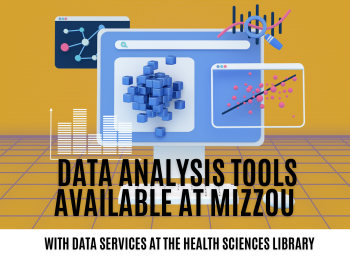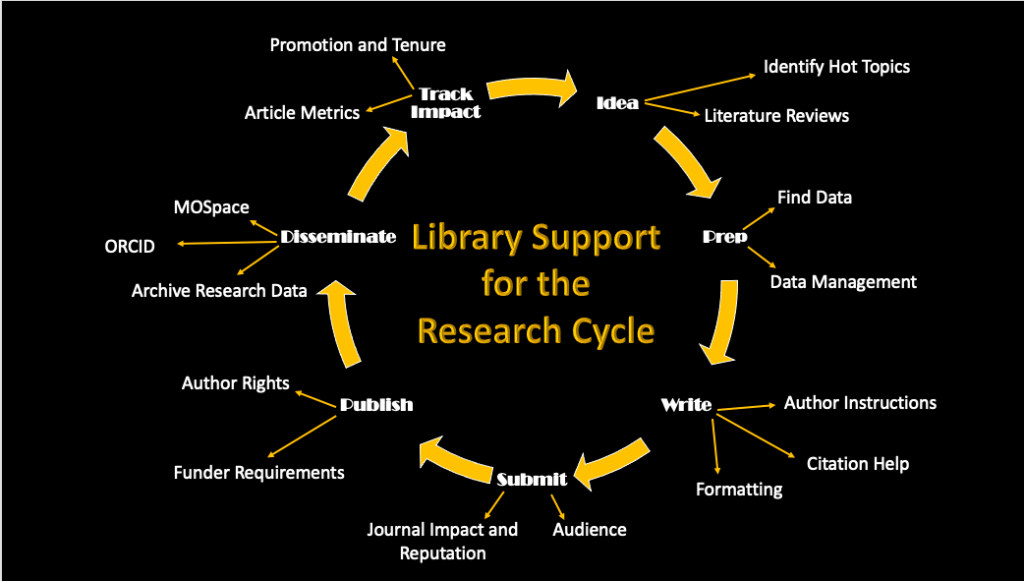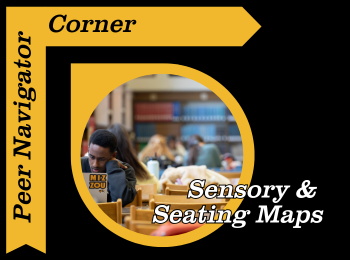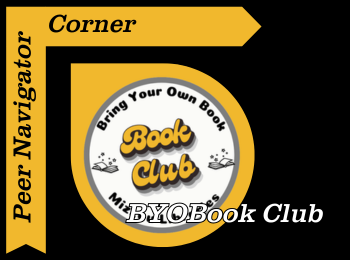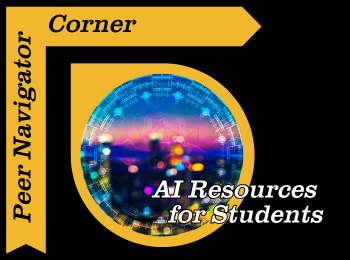Howdy Friends!
This month’s Reading Revelry, we have both non-fiction and fiction books relating to women in STEM!
You can request them by clicking on their hyperlinked titles below. If you have issues requesting the titles, please reach out to Amanda May at asmay@umsystem.edu
Our picks for March:
Hidden figures: the American dream and the untold story of the Black women mathematicians who helped win the space race / Margot Lee Shetterly.
Before John Glenn orbited the earth or Neil Armstrong walked on the moon, a group of dedicated female mathematicians known as “human computers” used pencils, slide rules and adding machines to calculate the numbers that would launch rockets, and astronauts, into space. Among these problem-solvers were a group of exceptionally talented African American women, some of the brightest minds of their generation. Originally relegated to teaching math in the South’s segregated public schools, they were called into service during the labor shortages of World War II, when America’s aeronautics industry was in dire need of anyone who had the right stuff. Suddenly, these overlooked math whizzes had a shot at jobs worthy of their skills, and they answered Uncle Sam’s call, moving to Hampton, Virginia, and the fascinating, high-energy world of the Langley Memorial Aeronautical Laboratory. Even as Virginia’s Jim Crow laws required them to be segregated from their white counterparts, the women of Langley’s all-black “West Computing” group helped America achieve one of the things it desired most: a decisive victory over the Soviet Union in the Cold War, and complete domination of the heavens
Her hidden genius : a novel / Marie Benedict.
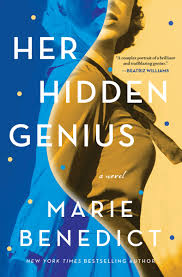
Rosalind Franklin knows if she just takes one more X-ray picture–one more after thousands–she can unlock the building blocks of life. Never again will she have to listen to her colleagues complain about her, especially Maurice Wilkins who’d rather conspire about genetics with James Watson and Francis Crick than work alongside her. Then it finally happens–the double helix structure of DNA reveals itself to her with perfect clarity. But what happens next, Rosalind could have never predicted. Marie Benedict’s next powerful novel shines a light on a woman who died to discover our very DNA, a woman whose contributions were suppressed by the men around her but whose relentless drive advanced our understanding of humankind
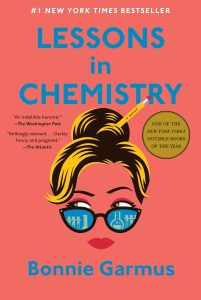
Lessons in chemistry / Bonnie Garmus.
Chemist Elizabeth Zott is not your average woman. In fact, Elizabeth Zott would be the first to point out that there is no such thing. But it’s the early 1960s and her all-male team at Hastings Research Institute take a very unscientific view of equality. Except for one Calvin Evans; the lonely, brilliant, Nobel-prize nominated grudge-holder who falls in love with of all things, her mind. True chemistry results. But like science, life is unpredictable. Which is why a few years later, Elizabeth Zott finds herself not only a single mother, but the reluctant star of America’s most beloved cooking show Supper at Six. Elizabeth’s unusual approach to cooking (‘combine one tablespoon acetic acid with a pinch of sodium chloride’) proves revolutionary. But as her following grows, not everyone is happy. Because as it turns out, Elizabeth Zott isn’t just teaching women to cook. She’s daring them to change the status quo. Meet the unconventional, uncompromising Elizabeth Zott.

Chemistry : a novel / Weike Wang.
Three years into her graduate studies at a demanding Boston university, the unnamed narrator of this nimbly wry, concise debut finds her one-time love for chemistry is more hypothesis than reality. She’s tormented by her failed research–and reminded of her delays by her peers, her advisor, and most of all by her Chinese parents, who have always expected nothing short of excellence from her throughout her life. But there’s another, nonscientific question the marriage proposal from her devoted boyfriend, a fellow scientist, whose path through academia has been relatively free of obstacles, and with whom she can’t make a life before finding success on her own.
Eventually, the pressure mounts so high that she must leave everything she thought she knew about her future, and herself, behind. And for the first time, she’s confronted with a question she won’t find the answer to in a What do I really want? Over the next two years, this winningly flawed, disarmingly insightful heroine learns the formulas and equations for a different kind of chemistry–one in which the reactions can’t be quantified, measured, and analyzed; one that can be studied only in the mysterious language of the heart. Taking us deep inside her scattered, searching mind, here is a brilliant new literary voice that astutely juxtaposes the elegance of science, the anxieties of finding a place in the world, and the sacrifices made for love and family.
